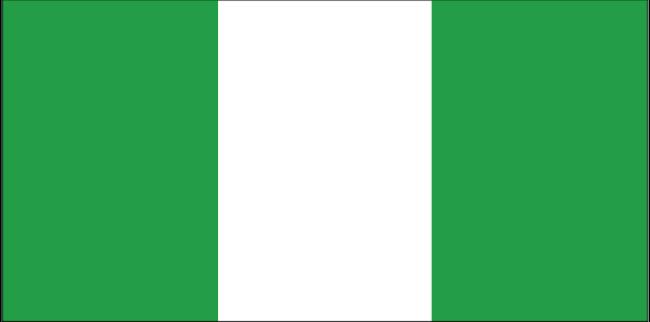The history of Nigeria can be traced to pre-historic settlers living in the area as early as eleven thousand BC. Numerous ancient African civilizations settled in the territory that is today known as Nigeria. Lagos was captured by British forces in 1851 and formally annexed in 1861. Nigeria became a British protectorate in 1901. Southern and Northern parts were amalgamated in 1914 to become one entity, called Nigeria.
Nigeria was granted full independence on October one, 1960 under a constitution that provided for a parliamentary government and a substantial measure of self-government for the then three regions of Northern, Western and Eastern regions. Later, Mid-Western region was created.
From 1959 to 1960, Jaja Wachuku was the First Speaker of the Nigerian Parliament. He replaced Sir Frederick Metcalfe of Britain. Notably, as First Speaker of the House, Jaja Wachuku received Nigeria’s Instrument of Independence – also known as Freedom Charter – on October 1, 1960, from Princess Alexandra of Kent, the Queen’s representative at the Nigerian independence ceremonies. Sir Abubakar Tafawa Balewa was the first Prime Minister of Nigeria from 1960 to 1966.
In October 1963, Nigeria became a Republic and former Governor-General, Dr. Nnamdi Azikiwe, became the country’s first President. On January fifteen, 1966, a group of young army officers, overthrew the government and assassinated the Prime Minister and the premiers of the northern and western regions. However, the bloody nature of the coup led to a counter coup during which Nigeria’s first military Head of state, Major-General Johnson Aguiyi Ironsi was assassinated and replaced by General Yakubu Gowon.
The return of democracy in Nigeria on May 1999 ended sixteen years of
consecutive military rule. Chief Olusegun Obasanjo’s second emergence was as an elected President of Nigeria from 1999 to 2007.
In the 2007 general elections, Umaru Yar’Adua and Goodluck Jonathan were elected President and Vice President respectively. However, In November 2009, Yar’Adua fell ill and was flown out of the country to Saudi Arabia for medical attention. In February 2010, Goodluck Jonathan began serving as acting President in the absence of Yar’Adua.
In May 2010, Yar’Adua died. Dr. Jonathan called for new
elections and stood for election in April 2011, which he won. His re-election bid in 2015 was truncated with the emergence of Muhammadu Buhari being declared winner. General Buhari was sworn-in on May twenty-nine, 2015 and was re-elected in the February 23, 2019 election. President Bola Ahmed Tinubu was elected the 16th president of Nigeria in 2023.
Thus, the history of Nigeria is full of ups and down. However, God willing, the people of the country shall, someday, get to the Promised Land, by the grace of GOD. Happy independence Nigerians!





Comments are closed for this post.